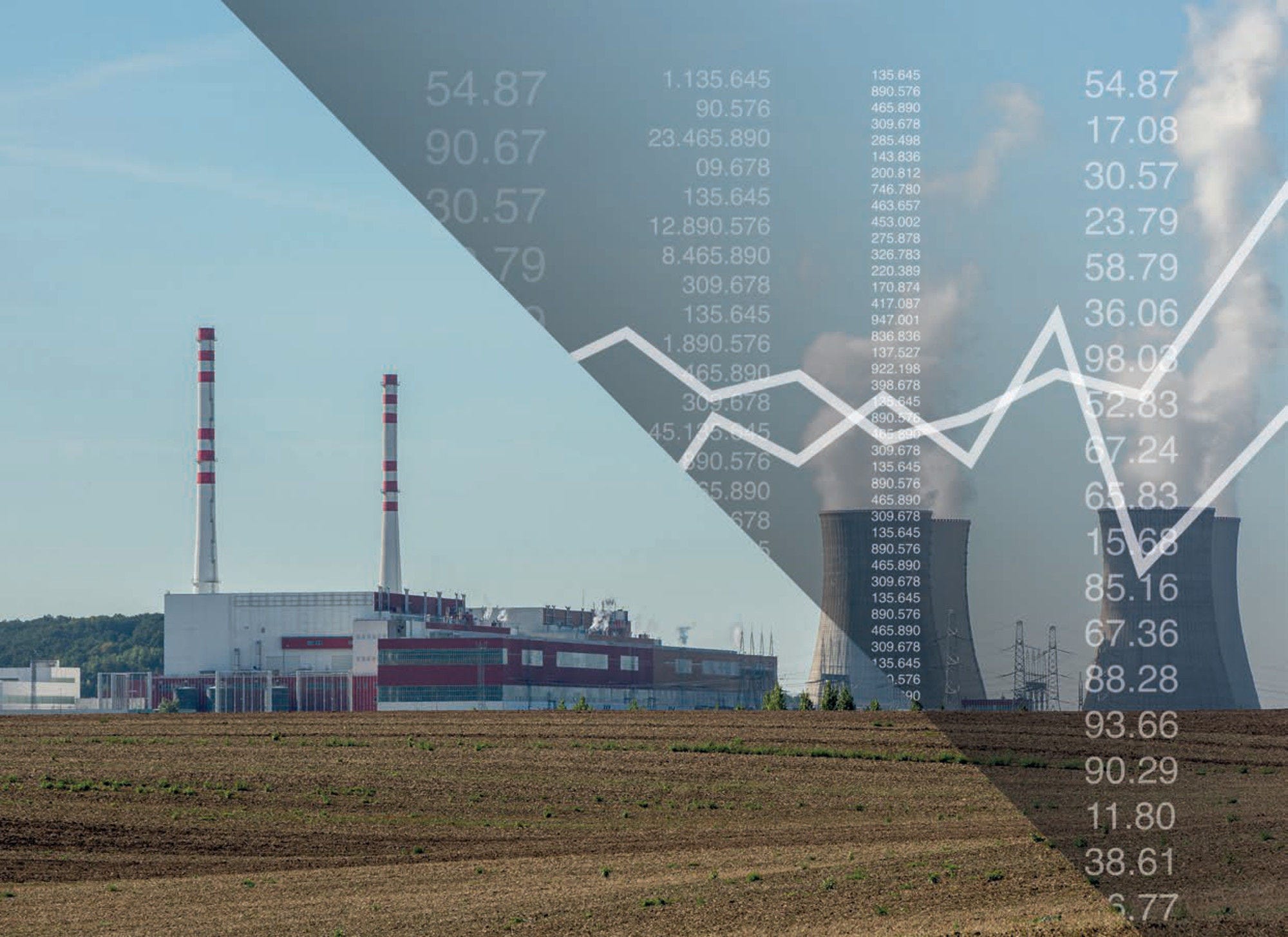This report summarises the main findings of the analysis of existing fossil-fuel subsidy schemes in the six European Union’s Eastern Partner (EaP) countries – Armenia, Azerbaijan, Belarus, Georgia, Republic of Moldova and Ukraine. It briefly introduces the methodology used to identify and estimate government support for fossil-fuel production and consumption. It also discusses the main energy pricing and taxation policies that underline discussion on government support in the region’s energy sector.
In 2018, to help governments in the EaP countries develop a better understanding of the economic, social and environmental impact of fossil-fuel subsidies, the Organisation for Economic Co-operation and Development (OECD) published the Inventory of Energy Subsidies in the European Union’s Eastern Partnership Countries. As the first comprehensive assessment of this nature in the EaP region, the review analysed all types of energy subsidies provided over 2010-15. These included support to coal, oil (and petroleum products used particularly in the transport sector) and natural gas, as well as to renewable sources of energy and energy-efficiency measures.
This study updates the 2018 Inventory by providing data and estimates for 2016‑19. It also briefly discusses the short-term COVID-19 related measures that the EaP governments put in place in 2020 to protect producers and consumers in the energy sector.
The analysis measures two major types of fossil-fuel subsidies: direct transfers of funds to producers and consumers; and tax expenditure and other foregone government revenue. The Annexes provide detailed estimates of all individual support measures for each of the countries.
The study relies on publicly available sources of information, such as public accounts, official documents related to subsidy monitoring and budget planning and reporting, academic literature and media items. It draws on these diverse sources to summarise the context, state of play and evolving landscape of fossil-fuel subsidies in the region. The cut-off date for the data and information used for analysis is the end of 2019 unless otherwise indicated.
The study was prepared with the financial support of the European Union within the “European Union for Environment” (EU4Environment) Programme and of Germany’s Federal Ministry for the Environment, Nature Conservation and Nuclear Safety, provided through its International Climate Initiative.
The views expressed herein are those of the authors only and can in no way be taken to reflect the official opinion of the European Union, its members, the Governments of the EaP countries or the EU4Environment implementing partners (OECD, United Nations Economic Commission for Europe, United Nations Environment Programme, United Nations Industrial Development Organization, and the World Bank).
The study was prepared within the framework of the GREEN Action Task Force hosted by the OECD Environment Directorate.
